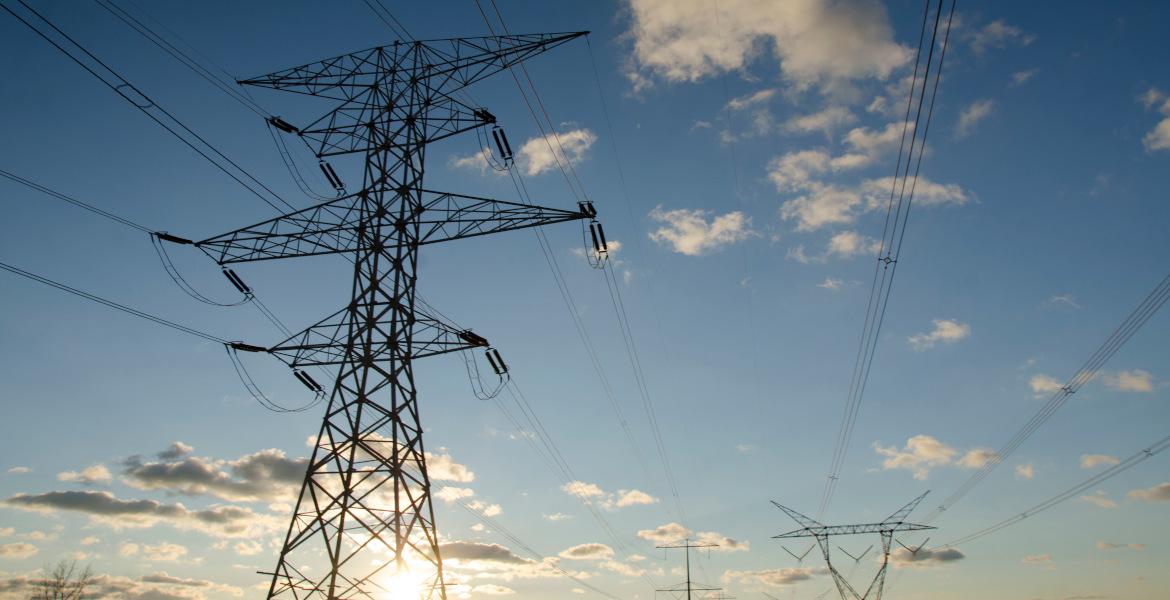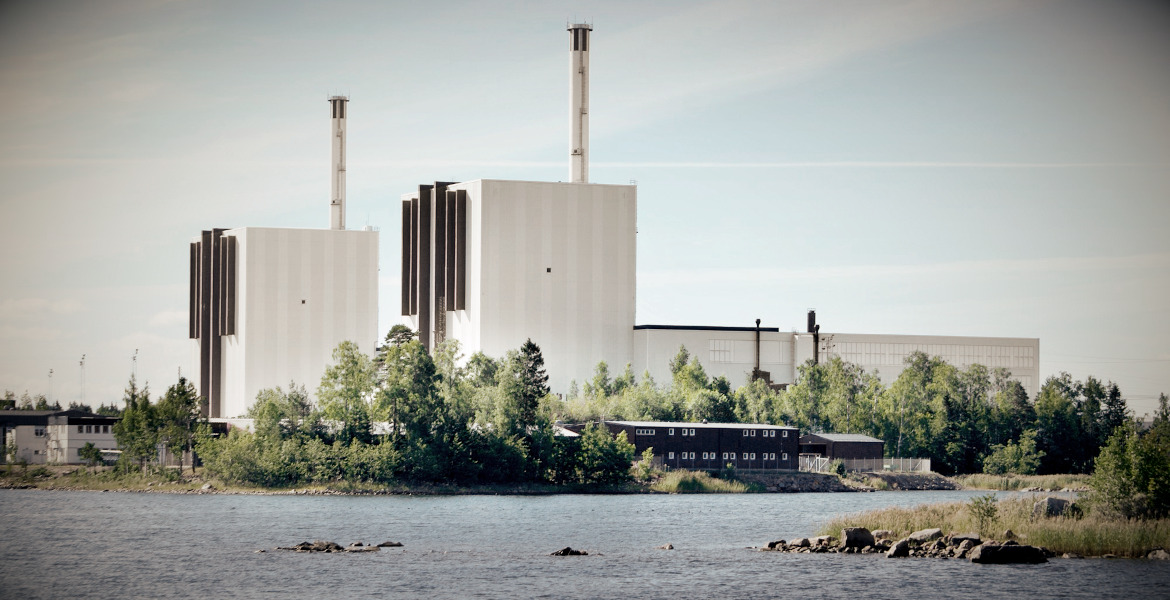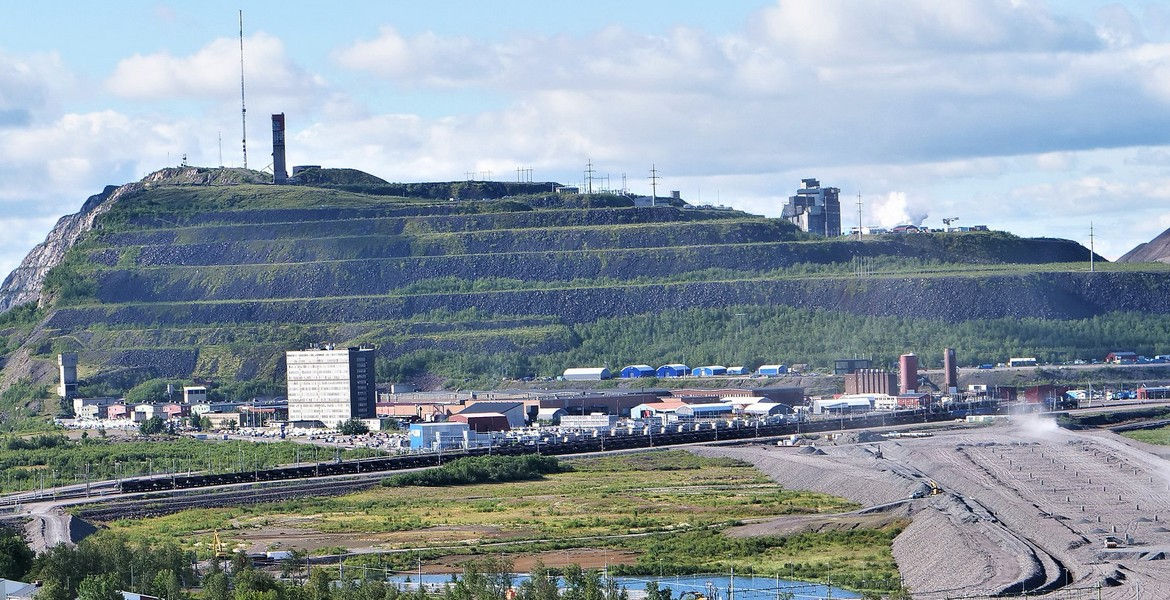Svenska kraftnät (the Swedish national grid operator) warns of a critical electricity shortage in southern Sweden this winter equivalent to the output of seven nuclear reactors. A new report shows that electricity area SE4, southern Götaland including Skåne, is particularly vulnerable.
The forecast points to a power shortage of 7,700 MWh/h during a normal winter in SE3 and SE4. The reason is insufficient plannable production in relation to consumption.
Malin Johansson, energy and climate manager at the industry organization IKEM, is calling for quick solutions:
– This confirms that we need to quickly build new capacity in the form of gas turbines and batteries that can even out the peaks and cope with the power demand in southern Sweden, especially during cold, windless winter days.
Imports do not offer a reliable solution either, as the electricity systems of neighboring countries are often just as strained:
"Analyses of import opportunities from neighboring countries show that most, like Sweden, are dependent on imports in strained situations. This indicates that import opportunities from our neighboring countries at these times may be limited if shortages occur simultaneously", writes Svenska kraftnät.
– It's no news that if there's no wind in Denmark, there's no wind in Skåne either. Every country must take responsibility for its own electricity system. We can't rely on neighboring countries, says Malin Johansson.
"Must be able to produce around the clock"
Svenska kraftnät highlights consumer flexibility and storage as solutions, but Johansson is skeptical:
– Why should we create a market where industry is forced to be flexible? It's not as if we have a high added value from selling electricity to other countries. Industry must be able to produce around the clock to promote growth and prosperity in Sweden.
The transmission capacity between SE3 and SE4 is insufficient during peak hours, which drives up electricity prices in SE4. The ERAA 2024 report confirms that margins are shrinking in southern Sweden, where demand is increasing while transmission from the north is limited. The situation requires urgent measures to secure the electricity supply.
The report points out that Europe's electricity system is at risk of becoming increasingly vulnerable to power shortages. Despite extensive investments in wind and solar power, there is no realistic plan to replace fossil fuel-based electricity production that is being phased out for economic reasons. As a result, new capacity may not be built in time, which threatens security of supply.




